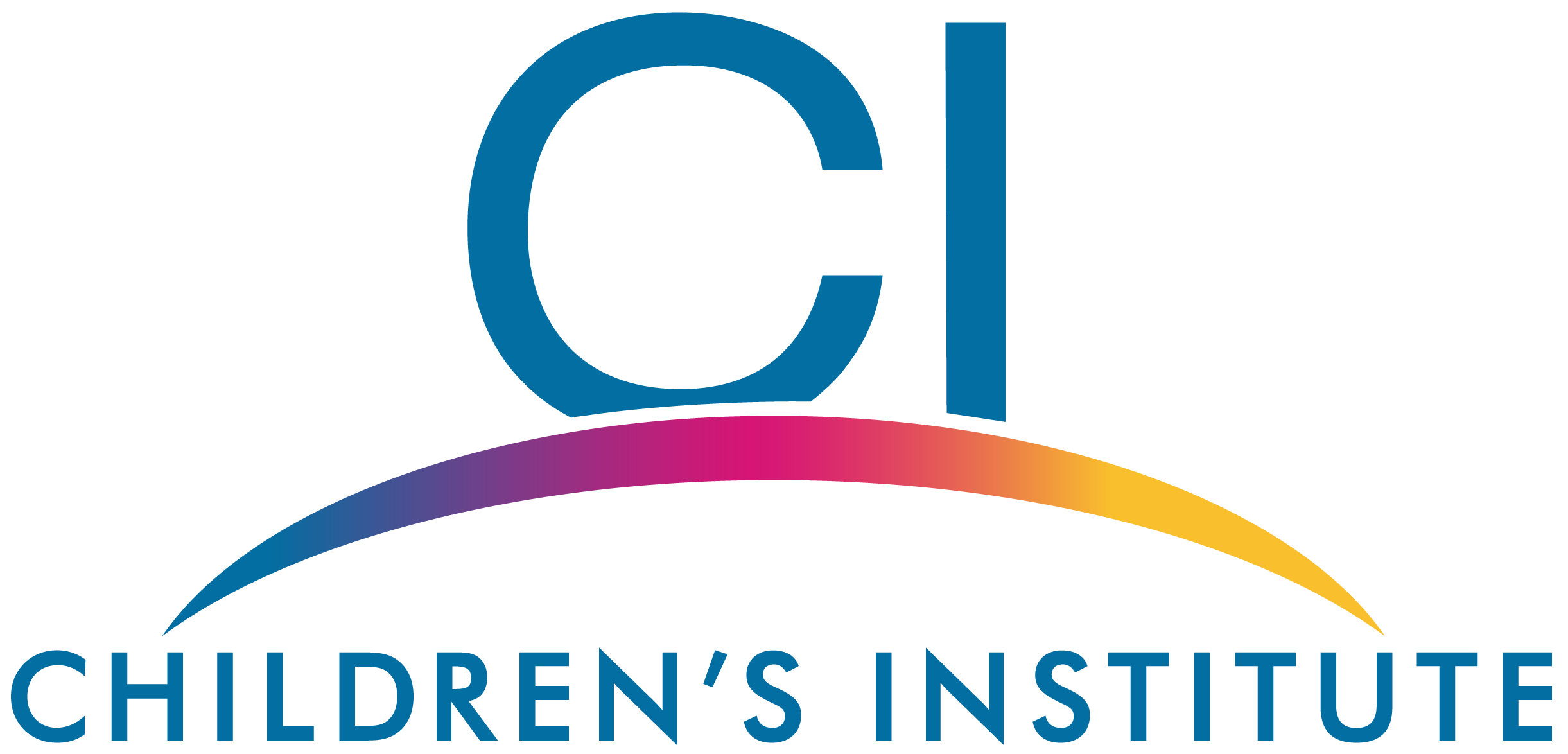2019 Roc Restorative Conference
The 2019 Roc Restorative Conference took place last month at the Riverside Convention Center. Hundreds of cross-sector representatives, leaders, and learners gathered to discuss using restorative practices in settings such as schools, community based organizations, faith based organizations, and the judicial system. Restorative practices is a strategy that seeks to repair relationships that have been damaged between people and communities. Ultimately, restorative practitioners work to build healthy communities, decrease crime and antisocial behavior, and restore relationships. Community members in Rochester community, are embracing restorative practices for this approach's potential for building a stronger community.
Conference speakers included Dr. Victor Rios and Dr. Yohuru Williams. Dr. Rios is well-known for working with educators and service providers on educational equity, cultural responsiveness, resilience, closing the opportunity gap, teacher well-being, and restorative justice. Based on over a decade of research, Dr. Victor Rios created Project GRIT (Generating Resilience to Inspire Transformation) a human development program that works with educators to refine leadership, civic engagement and personal and academic empowerment in young people placed at-risk. Dr. Williams is the History Department Chair and the Director of Black Studies at Fairfield University in Fairfield, CT. He is also Chief Historian for the Jackie Robinson Foundation and Museum in New York, NY and is described as “one of the most exciting scholars of his generation”.
The Roc Restorative conference explored what restorative practices and community leaders can do to empower young men of color in Rochester. Because so much of this work focuses on building relationships, it is important to start from the perspective of those who are affected. The Rochester City School District supports a group of student leaders in restorative practices, who are trained to facilitate conversations and identify and communicate areas for improvement. The conference itself also featured a panel of students who took audience questions about supporting student voice. When asked “what do students think teachers should be required to take during professional development opportunities”, students replied:
- Understanding culture – where they live, their backgrounds, their vernacular
- How to connect with students, how to build productive relationships that benefit everyone
- Information about what students are going through in their lives, to increase empathy
- Youth and adult mental health first aid
- Restorative practices
In supporting restorative practices work and empowering student voices, pulling their perspective into planning is something that many educators can consider.
